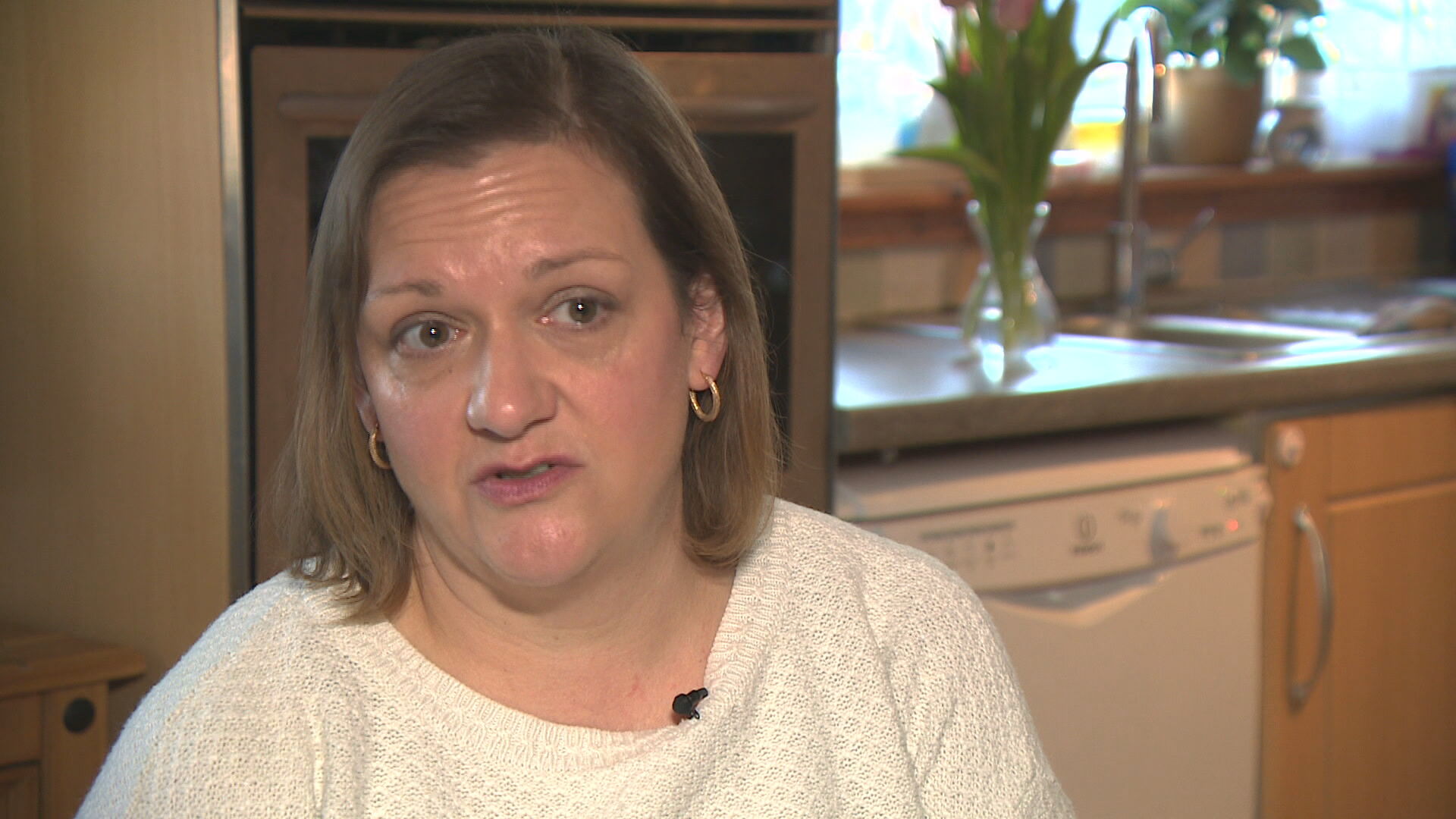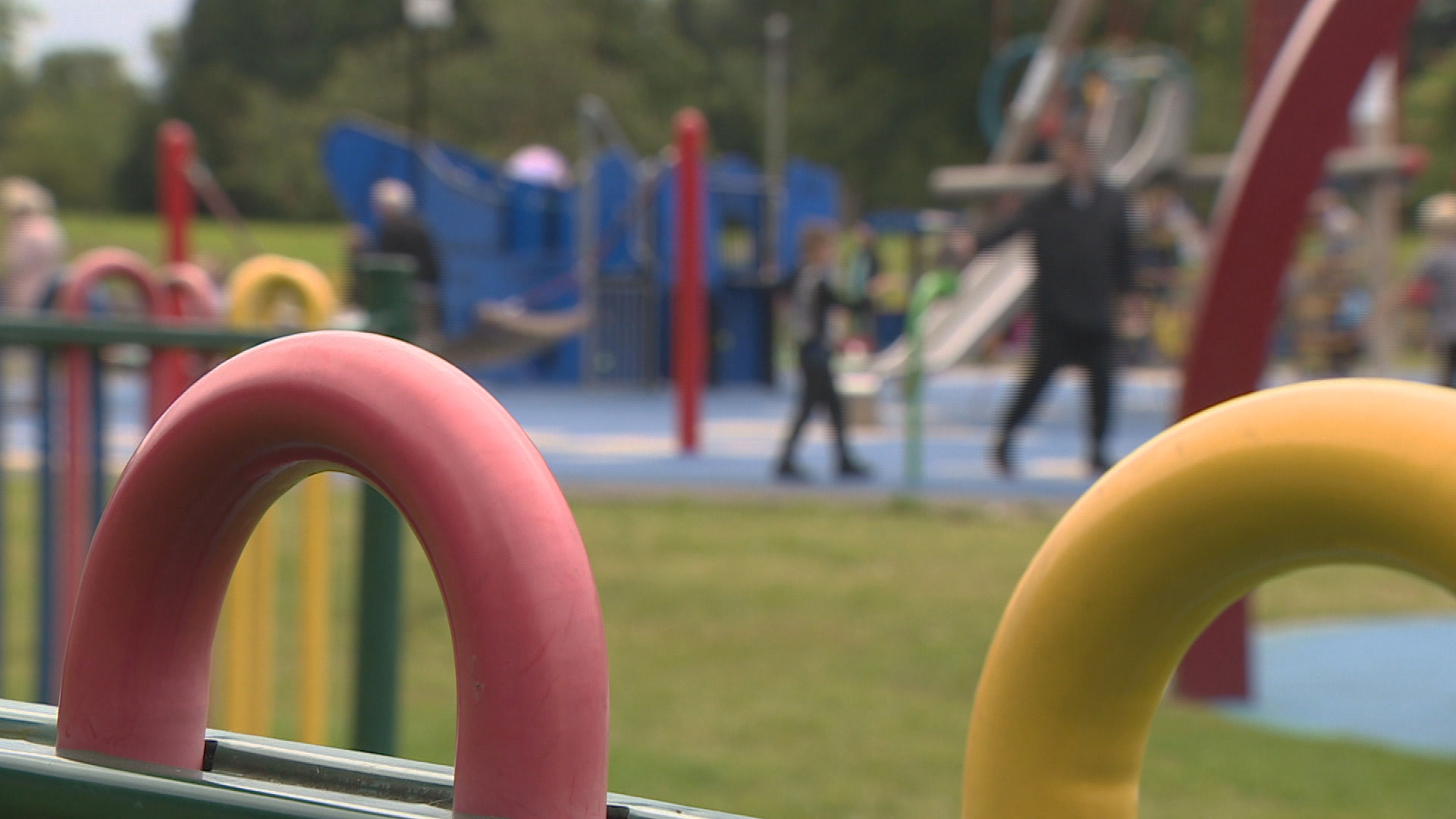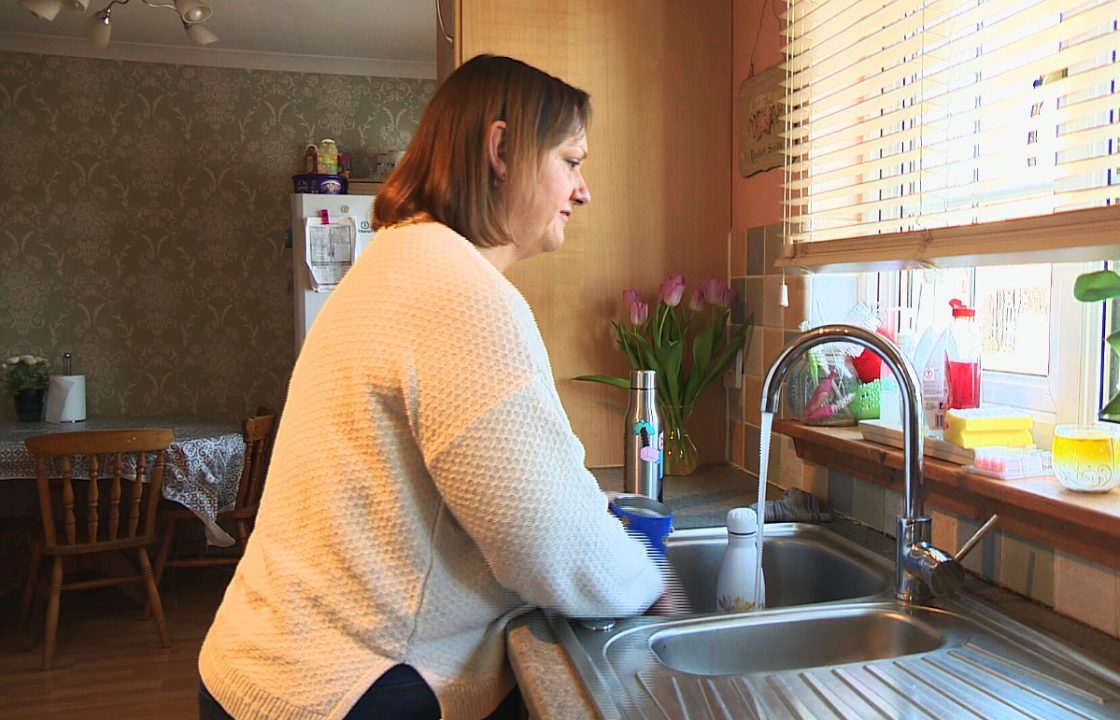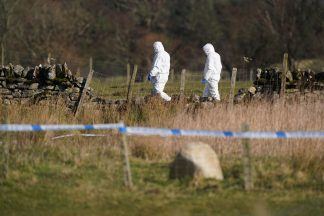Foster carers across Scotland claim the system is “on its knees”.
Many carers say they are having to dip into their savings to provide essential opportunities and experiences for the children in their care.
More than half of carers have had to cut back on food and energy spending in response to rising costs, according to figures from the Independent Workers of Great Britain Union (IWGB).
They claim the money they are given by the council barely feeds and clothes the young people for whom they are responsible.
Leanne Morton, a foster carer in Falkirk for almost ten years, says she’s seen little change in childcare allowances.
She’s taken on a second job to help plug the gap – but still feels the pinch.
 STV News
STV NewsMs Morton told STV News: “There’s no doubt the resources that we were given five years ago don’t match what’s needed now, and that’s becoming an increasing struggle and a balance.
“Having to dip into your savings, having to take a second job, trying to maintain the level and quality of care [the children] deserve and need…it’s a huge pressure.”
Research by the IWGB, the union that represents foster carers, found that over half have already cut back on food and energy, not just their leisure spending.
Ms Morton added: “It’s not fair for the kids. We know that the children want to be just like their peers, they want to wear the same clothes, they want to have the same activities, they want to do the same hobbies.
“And one of the important roles of a foster carer is to make sure children have life experiences they may not have had up to this point, but the reality is, financially, like any household, you get to a point where it’s just not possible to do that.”
In Falkirk, where Leanne is based, the number of foster carers has fallen by 20% in the last few years, according to statistics from the IWGB, while the number of children in care has risen by more than 80%.
That means private agencies are having to provide nearly half of all placements.
And that paints a picture of what’s going on across the country, with foster carer numbers also down in Glasgow (down 27.2%), Edinburgh (down 25.6%) and Argyll and Bute (down 28.4%).
A spokesperson for Falkirk Council said: “Falkirk Council recognises the invaluable role our foster carers play in the ensuring that children who cannot live with their family, experience safe and loving care.
“We welcomed the Scottish Government setting the national recommended allowance for foster care but acknowledge that our foster carers are impacted by the cost of living crisis.
“Despite the significant financial challenges faced by the Falkirk Council, our foster carers will be paid allowances above the NRA from April 2024.”
But Kenny Millard from the IWGB says current staffing levels show fostering is in “crisis”.
He said: “There’s a shortage of 500 foster carers across Scotland, so the challenge is recruitment and retention. Having to rely on agencies can cost 50 to 60% more. It’s a bit of a vicious circle.”
 STV News
STV NewsThe Scottish Government says every eligible foster and kinship carer now receives a standard weekly allowance of £195 for five to 15-year-olds.
That’s been in place since August and represents an average weekly uplift of £29 per child.
But for foster carers who say they are spending more than that now on electricity alone, it’s no magical fix for their broken system.
A Scottish Government spokesperson said: “The Scottish Government has provided £16m in funding for the Scottish Recommended Allowance for foster and kinship carers, which will benefit more than 9,000 families.
“This means that since last August, every eligible foster and kinship carer now receives at least a standard, national allowance which recognises the valuable support they provide, no matter where they live.
“Following agreement with local authorities, this marks the first time a set rate, which all local authorities must pay, has been introduced across Scotland.
“This support benefits thousands of families, including some of the most vulnerable children and young people, helping them to provide the standard of living and wellbeing that the children and young people in their care deserve – and can be used to cover the cost of things like clothing, hobbies, activities and school trips.”
Follow STV News on WhatsApp
Scan the QR code on your mobile device for all the latest news from around the country


 STV News
STV News

























